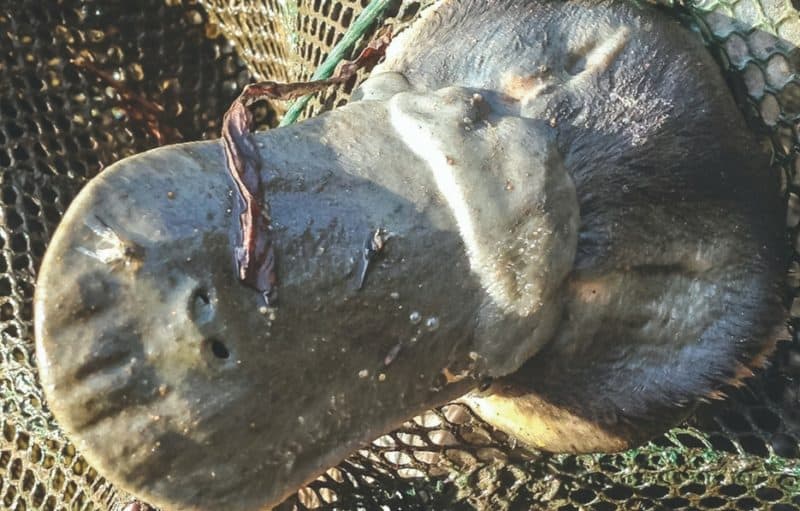MEDIA RELEASE 18 April 2018 |
Beneath the waters of Port Phillip Bay and Westernport this weekend, volunteer scuba divers and underwater photographers will search the seabed for a small but colourful group of marine life, in the inaugural Melbourne Sea Slug Census.
Sea slugs, which include the nudibranchs known as ‘underwater butterflies’, are often brightly-coloured, ranging from 4mm to 40cm in size. They are invertebrates, and important indicators of environmental change.
The sea slug census contributes to valuable marine research through Southern Cross University. Professor Steve Smith, Director of University’s National Marine Science Centre in Coffs Harbour on the NSW Mid North Coast, has co-ordinated 28 sea slug census events at seven locations along Australia’s east coast since December 2013, with more than 850 ‘citizen scientists’ taking photos to document hundreds of species and new regional records.
“Melbourne is fantastic new location for the census and I’m excited to work with local amateur and professional underwater photographers,” said Professor Smith.
Professor Smith and researchers from Southern Cross University have teamed up with the Victorian National Parks Association’s ReefWatch program to stage the census from April 21 – 22, with hundreds of participants already on board to cover the wider Melbourne region.
“The Sea Slug Census is a fantastic opportunity for people to contribute to marine research and learn more about their local marine environment,” said ReefWatch Coordinator Kade Mills.
Local marine science champion Robert Burn has conducted extensive research in identifying more than 100 species of the ‘underwater butterflies’ in the last 50 years, and will help judge the best photo from this weekend. His recently published book on the nudibranchs of Victoria will be a valuable resource for participants.
Mr Burn will join the Field Naturalists Club of Victoria’s Marine Research Group at Phillip Island, with all data contributing to Southern Cross University’s marine biodiversity research program.
“These nudibranchs are an underwater photographer’s dream as they are generally easy to spot, relatively immobile and highly photogenic – it’s like a treasure hunt,” Professor Smith said.
“Due to sea slugs’ short life spans and reliance on specific food sources, our team at Southern Cross University is monitoring changes in their distribution under the influence of human impact, including climate change. Because of the extensive work on the nudibranchs of the Melbourne area, we are anticipating that any new regional records will be of species that have recently expanded their range southward due to warming ocean currents.
“In the last 19 census events we have recorded 132 species that were found outside their previously-known distribution range, including 80 this year so far, so it could happen in Melbourne.”
Professor Smith said that the help of willing volunteers through the increasingly-popular census events has uncovered more data on Australians nudibranchs in 4.5 years than he thought possible.
“Now, the events have turned into community partnerships where Southern Cross University teams up with local organisers, such as the Victorian National Parks Association (VNPA). We have many more observers, and a broader geographical scope, than we could hope to achieve with our research team,” Professor Smith said.
“In Melbourne we will cover a huge geographic area, where volunteers can go to their favourite place to find sea slugs, whether it be diving, snorkelling or in tidal rock pools, and can take photos of as many species as possible and submit them to be in the running for prizes.”
Other census locations have included Nelson Bay, the Gold Coast, Lord Howe Island and Sydney with plans to eventually extend the citizen science program across the country to include Western Australia and South Australia. A long-term goal is to also have a comprehensive international program.
To take part in the Melbourne Sea Slug Census, visit vnpa.org.au/sea-slugs
Media interviews and filming/photo opportunities available by request with Professor Steve Smith and VNPA ReefWatch Coordinator Kade Mills at 12pm Thursday and on Sunday morning. High-resolution footage and images of sea slugs available on request.
Contact details
- Professor Steve Smith, Director of Southern Cross University’s National Marine Science Centre, 0429081005
- Kade Mills, ReefWatch Coordinator, Victorian National Parks Association, 0407 363 719
